THE PROS AND CONS OF BUYING A BANK-OWNED HOME
Nothing gets a home buyer more fired up than the thought of snagging a killer deal on a bank-owned home.
Bank-owned homes, or REO properties, are typically sold at a discount (although some banks today are trying to hold out longer for better prices).
The reasons are many for the discount: most homes need some work, there is no property disclosure, the sale is “as-is”, and many have been vacant for up to three years.
But you should always keep in mind that the discount available with bank-owned homes represents the classic “risk-reward” trade-off.
The reward with buying a bank property is obvious — the discount. Most REO homes sell at a slight to greatly reduced price, depending on the condition of the property.
But let’s talk about the risk.
First, you are buying the property “as-is” with little to no recourse. You should read a bank contract addendum. They take about 10 pages to say the same thing: “We are not responsible for anything!” In a typical real estate sale between two private parties, sellers who do not disclose property defects can be hauled into court. Good luck hauling a bank into court!
Second, that home has sat empty for some period of time. Who knows what has happened to that structure for those months, or years! No heating or cooling for a long time. No maintenance. I closed a HUD purchase with buyers this year on a home that had been vacant for three years. No kidding.
Third, there are no disclosures. Sometimes you are running blind. You gather as much information as you can, but there is a higher degree of uncertainty. One client purchased a bank-owned property only to find out later it was in a flood plain. A conventional private seller would have had to disclose that fact.
Fourth, banks use their own contracts with a lot of technical language, exotic terms, quick time lines, financial penalties and cut-off dates. A delayed closing could cost the buyer hundreds or even thousands of dollars if they are not careful. Some banks try to avoid paying customary closing costs for the buyer.
Lastly, the selling bank operates by their own schedule, oblivious to the normal response times. Some offers set for days with no reply from the bank as other offers from eager buyers are presented. This often leads to multiple offer situations with the bank effectively creating an auction environment.
Overall, are bank-owned homes a good deal? Probably, but proceed with caution.
And of course, make sure you are working with an experienced Buyer’s Agent familiar with bank sales. Every Baker Realty Group agent is trained to effectively represent buyers purchasing a bank-owned property.
Contact Baker Realty Group today to for more information.

